The departure of Carlos Tavares as CEO of Stellantis has left the carmaker looking for new leader at a critical time.
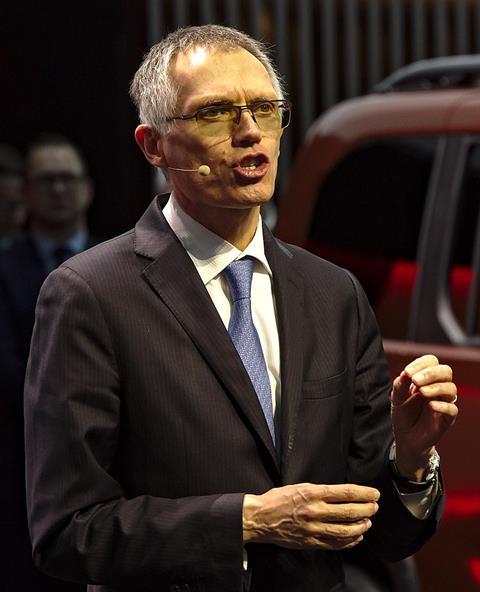
The sudden resignation of Carlos Tavares from his role as CEO of Stellantis comes in the wake of poor third quarter international results and heralds a widespread reorganisation at the troubled carmaker, which has already seen executive changes in its supply chain and logistics organisation.
In a statement issued on December 1 about the Board of Directors’ acceptance of Tavares’ resignation, Stellantis’ senior independent director, Henri de Castries, commented: “Stellantis’ success since its creation has been rooted in a perfect alignment between the reference shareholders, the Board and the CEO. However, in recent weeks different views have emerged which have resulted in the Board and the CEO coming to today’s decision.”
In its third quarter results reported at the end of last month, Stellantis reported that consolidated shipments of 1.1m units were down 279,000 or 20% year-over-year because of “production gaps in several models as a global product transition begins, planned North American inventory reductions, and headwinds from a challenging European market environment”. The carmaker reported net revenues of €33 billion, down 27% compared to Q3 2023, “primarily because of lower shipments and unfavourable mix as well as pricing and foreign exchange impacts”.
Stellantis’ leadership crisis
Tavares had been at in the CEO role Stellantis since it was formed out of the combination of PSA Peugeot Citroën and Fiat Chrysler in 2021 with the aim of optimising investments in vehicle platforms, engine families and new technologies.
However, Tavares announced in September this year that he would resign from the carmaker in 2026, following struggles at both the European and North American branches of the business.
Jefferies Equity Research said that while the immediate departure of Tavares was not a surprise, it left Stellantis without leadership at a time of critical decisions on brand management to reverse market share loss and excess industrial capacity in Europe and North America.
Read more: Automotive logistics providers are experiencing increasing cost pressures
“The statement quoting lead independent director Henri de Castries is clear about disagreement between the CEO and the Board,” said Jeffries in a commentary. “From various sources, we understand Carlos Tavares was determined to actively contribute to turning around performance (CEO term early 2026). We can only assume the Board sanctioned his proposed course of action and/or his management style.”
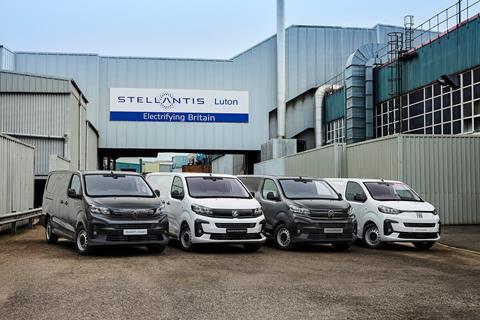
The acceptance of the resignation means Stellantis has now appointed a special committee tasked with finding a replacement “within the first half of 2025”. At the same time an Interim Executive Committee has been formed for the direction and oversight of the company chaired by John Elkann, chairman and executive director at Stellantis since January 2021.
John Elkann said in a statement: “Our thanks go to Carlos for his years of dedicated service and the role he has played in the creation of Stellantis, in addition to the previous turnarounds of PSA and Opel, setting us on the path to becoming a global leader in our industry. I look forward to working with our new Interim Executive Committee, supported by all our Stellantis colleagues, as we complete the process of appointing our new CEO. Together we will ensure the continued deployment of the Company’s strategy in the long-term interests of Stellantis and all of its stakeholders.”
Sales and shipments in decline
During the original talks for the formation of Stellantis the companies said that a portfolio of strong products would be based on “rationalised platforms and [an] optimisation of investments”. The merged business posted operating profit margins to around 13% in 2023 and in October last year reported an 18.4% share of the EU market. However, in September this year Stellantis registrations were down by 25% in Europe, a drop of around 50,000, with particularly poor performance by brands such as Citroën and Fiat. Jato Dynamics data shows that Stellantis was largely responsible for a decrease in the overall European market, which saw 40,000 fewer cars registered compared to September 2023.
Added to which the more profitable North American business issued a profit warning in September, after third quarter results showed a 36% decline in shipments to under 300,000 and a 42% decline in revenue. That prompted Tavares to announce he would step down as CEO role in 2026.
Stellantis is in crisis mode, as are other legacy OEMS
We reported recently upon the intense cost pressures that OEMs and logistics provider are under due to a range of factors, including inefficient production, an increasingly crowded and competitive marketplace, a looming price war from Chinese imports, and the need to remain profitable to fund the large-scale investment and transition to EVs.
“While there are specific issues within Stellantis, there is a wider existential crisis playing out across legacy auto, with most OEMs in a retraction phase in response to declining sales, uncompetitive product lines, and a failure to transition to EVs,” said Daniel Harrison, automotive analyst at Automotive Logistics.
For example, VW recently raised the spectre of plant closures, job losses and pay cuts. Ford has also announced substantial job cuts and is gradually retreating from Europe. Nissan has also recently fired their COO, and also announced urgent job cuts in response to tumbling profits.
“And we expect the dominos to keep falling until a leaner, more efficient, competitive, and profitable automotive sector emerges. This will likely involve substantial restructuring, cost-saving, and possible mergers and acquisitions,” said Harrison.
It is very notable that Stellantis is an example of progressive industry consolidation, from its humble origins as Peugeot SA (PSA), to Stellantis now having 14 brands – perhaps there is further scope for M&A to help it stay in business.
Stellantis Interim Executive Committee
John Elkann, chairman
Xavier Chéreau: Human Resources and Heritage
Ned Curic: Engineering and Technology, Software and Free2move
Arnaud Deboeuf: Manufacturing and Supply Chain
Antonio Filosa: America’s (North and South America) regions, Chrysler, Dodge, Jeep, Ram, and the Design North America organisation, including Maserati Design
Béatrice Foucher: Planning
Jean-Philippe Imparato: Enlarged Europe, Pro One, and Abarth, Alfa Romeo, Citroën, DS, Fiat, Lancia, Opel and Peugeot. The Design Europe organisation will also report to this position
Douglas Ostermann: Finance
Maxime Picat: Purchasing and Supplier Quality and the regions of Middle East and Africa, India and Asia Pacific, and China together with Leapmotor International
Philippe de Rovira: Affiliates


























![Global[1]](https://d3n5uof8vony13.cloudfront.net/Pictures/web/a/d/s/global1_726550.svgz)




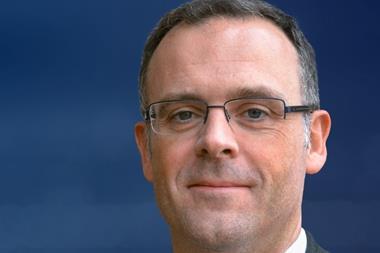
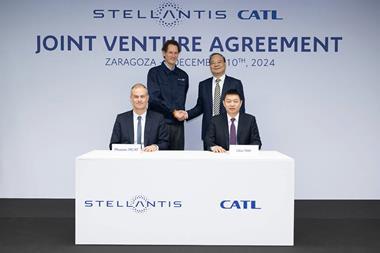
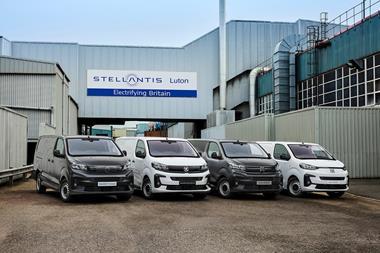
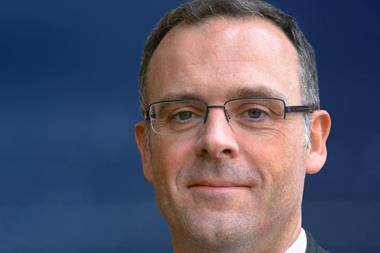
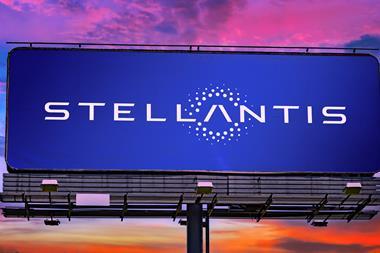
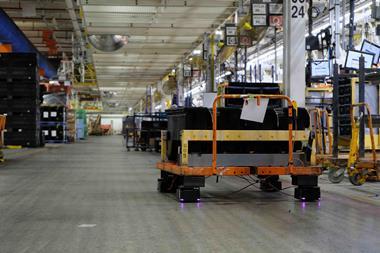



No comments yet